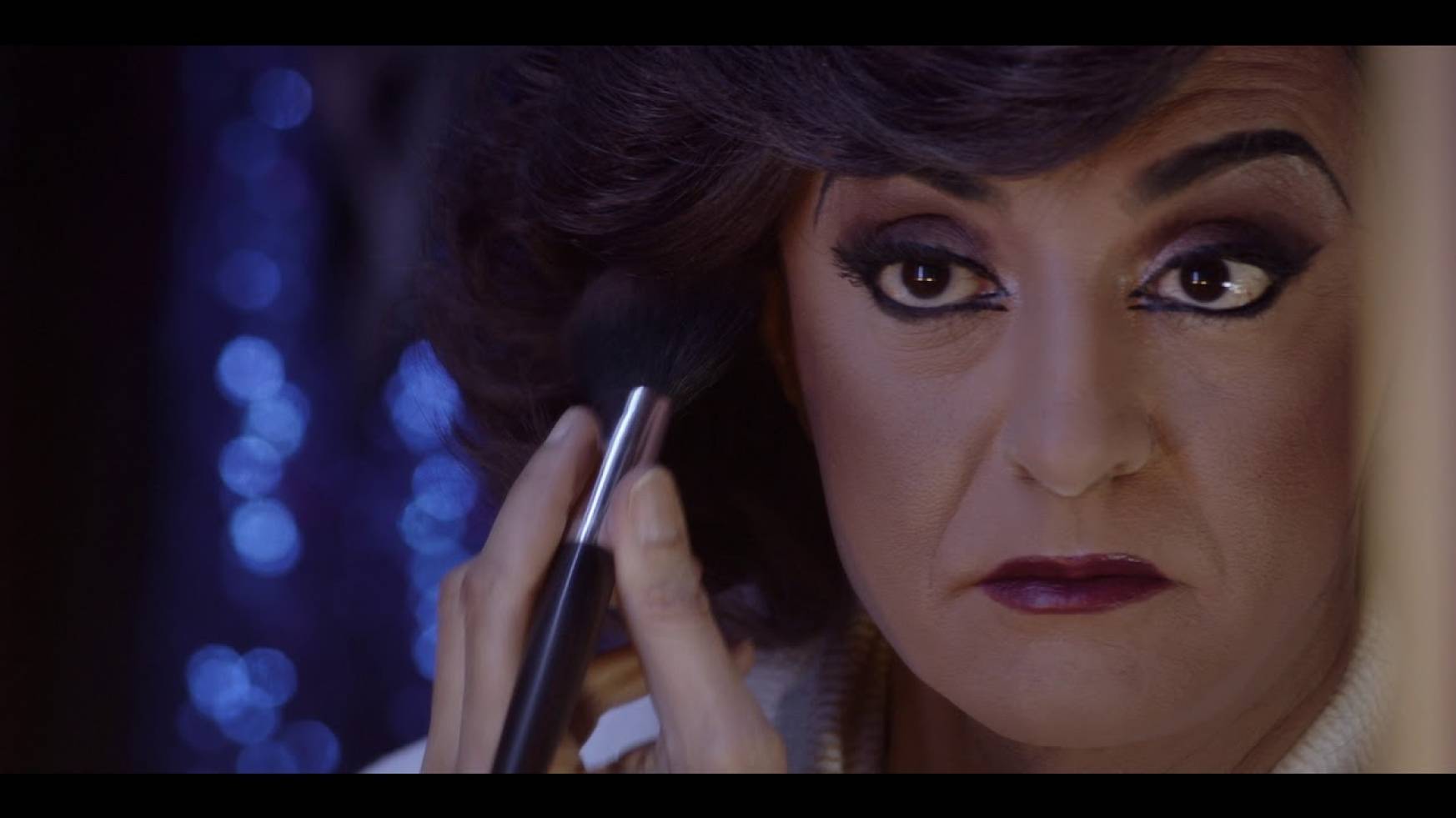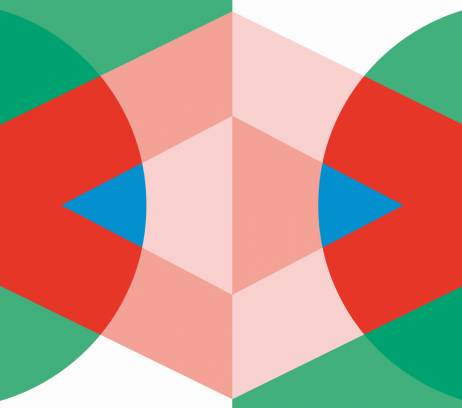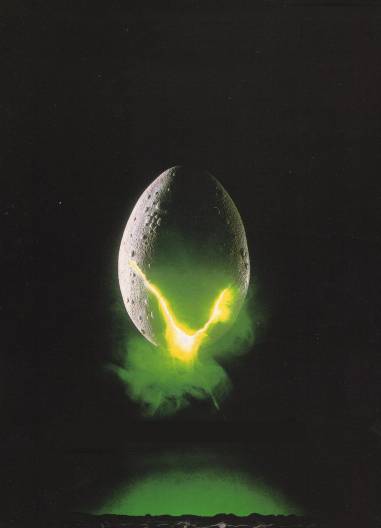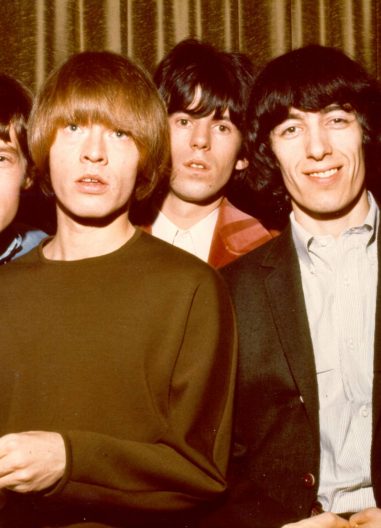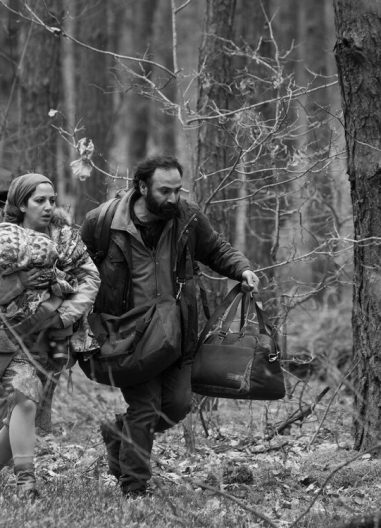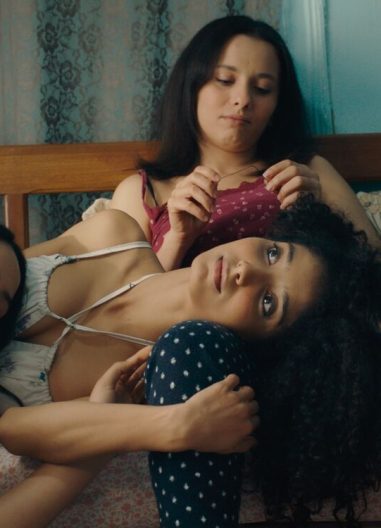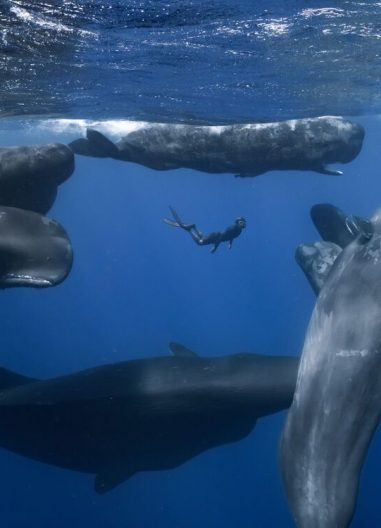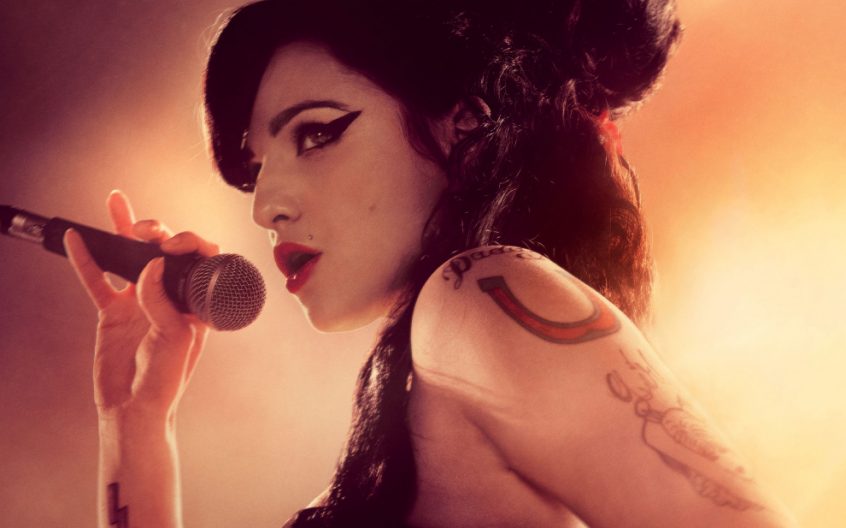When Arabs Danced
De moeder van filmmaker Jawad Rhalib was buikdanseres. In een niet zo ver verleden werd deze artistieke uitdrukking van vrouwelijke sensualiteit door fundamentalisten als ‘onrein’ bestempeld. Rhalib werd geleerd dat hij zich moest schamen voor zijn moeder. Moslimfundamentalisme heeft de ooit rijke, diverse Arabische cultuur stevig in zijn grip.
Wat zijn de effecten van deze radicale ommekeer voor dansers en kunstenaars in de Arabisch wereld? Blijven ze koppig verder doen en vechten ze voor de vrijheid van meningsuiting of sijpelt er toch een vorm van zelfcensuur in hun werk? De documentaire When Arabs Danced toont hoe artiesten in de heel Arabische wereld zoeken naar een antwoord op de aanval op deze (artistieke) vrijheid.
Via enkele humoristische clips van de openbare toespraken van president Nasser over de Moslimbroederschap over het opleggen aan alle Egyptische vrouwen van de verplichting van de hijab, de complexiteit achter een fase-aanpassing van het controversiële boek Submission (2015) van Michel Houellebecq en de vele kwesties van genderidentiteit in de Arabische samenleving, onderzoekt de film hoe het islamitische fascisme de vrijheid, creativiteit en alle vooruitstrevende waarden van de Arabische samenleving heeft verstikt.
The mother of filmmaker Jawad Rhalib was a belly dancer. In a not so distant past, this artistic expression of feminine sensuality was labeled “unclean” by fundamentalists. Rhalib was taught that he should be ashamed of his mother. Muslim fundamentalism has the once rich, diverse Arab culture firmly in its grip.
What are the effects of this radical turnaround for dancers and artists in the Arab world? Will they continue stubbornly and fight for the freedom of speech or does a form of self-censorship seep into their work? The documentary When Arabs Danced (2018, Jawad Rhalib) shows how artists in the entire Arab world look for an answer to this attack on (artistic) freedom.
Through some humorous clips of president Nasser’s public speeches addressing the Muslim Brotherhood about imposing on all Egyptian women the obligation of the hijab, the complexities behind a stage adaptation of Michel Houellebecq’s controversial book Submission (2015) and the many issues of gender identity in Arab societies, the film explores how Islamic fascism has suffocated the freedom, creativity and all progressive values of the Arab society.
Kies tijdstip
- filmspecial
De moeder van filmmaker Jawad Rhalib was buikdanseres. In een niet zo ver verleden werd deze artistieke uitdrukking van vrouwelijke sensualiteit door fundamentalisten als ‘onrein’ bestempeld. Rhalib werd geleerd dat hij zich moest schamen voor zijn moeder. Moslimfundamentalisme heeft de ooit rijke, diverse Arabische cultuur stevig in zijn grip.
Wat zijn de effecten van deze radicale ommekeer voor dansers en kunstenaars in de Arabisch wereld? Blijven ze koppig verder doen en vechten ze voor de vrijheid van meningsuiting of sijpelt er toch een vorm van zelfcensuur in hun werk? De documentaire When Arabs Danced toont hoe artiesten in de heel Arabische wereld zoeken naar een antwoord op de aanval op deze (artistieke) vrijheid.
Via enkele humoristische clips van de openbare toespraken van president Nasser over de Moslimbroederschap over het opleggen aan alle Egyptische vrouwen van de verplichting van de hijab, de complexiteit achter een fase-aanpassing van het controversiële boek Submission (2015) van Michel Houellebecq en de vele kwesties van genderidentiteit in de Arabische samenleving, onderzoekt de film hoe het islamitische fascisme de vrijheid, creativiteit en alle vooruitstrevende waarden van de Arabische samenleving heeft verstikt.
The mother of filmmaker Jawad Rhalib was a belly dancer. In a not so distant past, this artistic expression of feminine sensuality was labeled “unclean” by fundamentalists. Rhalib was taught that he should be ashamed of his mother. Muslim fundamentalism has the once rich, diverse Arab culture firmly in its grip.
What are the effects of this radical turnaround for dancers and artists in the Arab world? Will they continue stubbornly and fight for the freedom of speech or does a form of self-censorship seep into their work? The documentary When Arabs Danced (2018, Jawad Rhalib) shows how artists in the entire Arab world look for an answer to this attack on (artistic) freedom.
Through some humorous clips of president Nasser’s public speeches addressing the Muslim Brotherhood about imposing on all Egyptian women the obligation of the hijab, the complexities behind a stage adaptation of Michel Houellebecq’s controversial book Submission (2015) and the many issues of gender identity in Arab societies, the film explores how Islamic fascism has suffocated the freedom, creativity and all progressive values of the Arab society.

